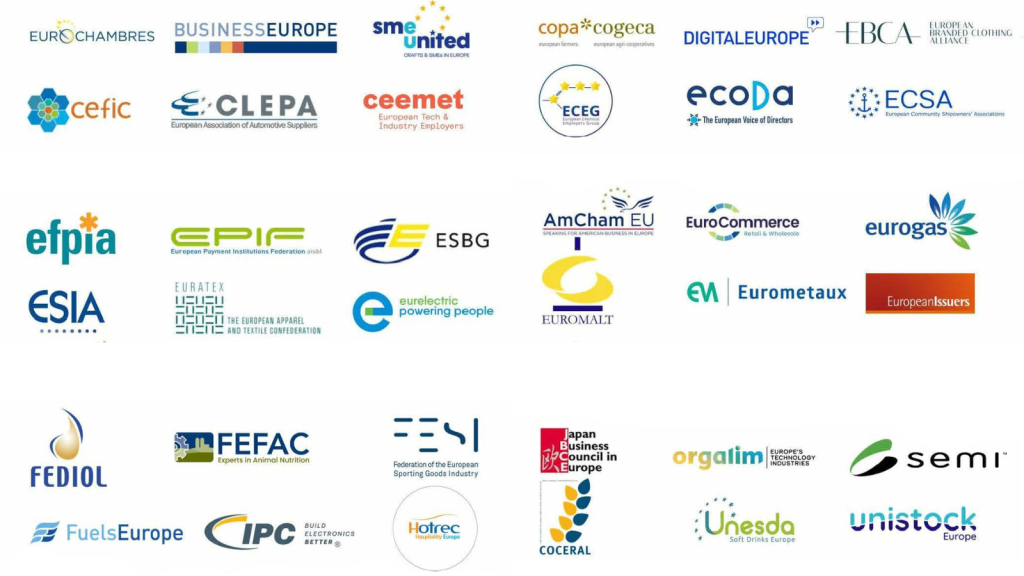Joint Business statement on the Corporate Sustainability Due Diligence Directive (CS3D)
European business remains supportive of the objectives of the proposed directive on corporate sustainability due diligence (CS3D) and we urge co-legislators to work on a reasonable approach that is manageable for companies in practice. The European economy, including SMEs which will be impacted even if formally out of the scope, need a workable due diligence framework that is drafted in a balanced and proportionate way. There should be no room for legal uncertainty and fragmentation which will hamper the possibility for European companies, already facing a legally complex and crisis abundant environment, to contribute to the sustainability transition. We would therefore like to ask for number of key recommendations and concerns to be taken into account for the next stages of the legislative process:
1. We strongly call for full harmonisation to ensure a level playing field and avoid further internal market fragmentation. This is also in the spirit of the 30th Anniversary of the Internal Market. Divergent national legal regimes on due diligence would not only be costly and burdensome for companies of all sizes but, more importantly, risk undermining the achievement of the goals of the legislation in an efficient and effective manner.
2. To ensure that the future Directive is truly consistent with a risk-based approach, widely supported in international instruments in the UN and OECD, companies cannot be expected to focus on every single element of their value chains. The ability to
prioritise the identification of and action to address the most salient risks is a necessity that must have a crucial impact on compliance with the due diligence process and its consequences. More prominence to industry and multi-stakeholder schemes is needed to help companies better comply with the new rules.
3. Legal liability provisions, including sanctions, need to be balanced, follow legal traditions around breach-damage-causality and truly incorporate the widely accepted principle that due diligence is first and foremost an obligation of means. The
complexity of value chains cannot be underestimated when analysing impacts which can have multiple competing causes, players and dynamics. Therefore, companies cannot be made liable for damages they have not -intentionally or negligently -
caused.
4. We acknowledge that, where relevant, due diligence requires engagement from relevant stakeholders in order to be effective. However, this should not mean creating wide open litigation powers to any entity to bring claims to court which could give rise to mass abusive litigation, ultimately depriving victims of harmful impacts to bring themselves claims to courts or mandate a representative (of their choice) to act on their behalf.
5. Legal clarity is paramount for the success of this initiative. This implies, for example, that definitions are robust and in line with what is used at international level (UN/OECD) and that provisions around climate objectives match with the recent Corporate Sustainability Reporting Directive (CSRD). Also, we call for revisiting and shortening the 2 annex to only include those conventions and treaties that create concrete obligations on companies so not to mix up their roles with the one of states. Timely guidance will be necessary on the new rules to avoid additional complexity both for the companies to secure compliance with a multi-layer set of rules, and for competent authorities to assess compliance with an over-prescriptive framework.
6. Regulating directors’ duties does not belong in a due diligence framework. It will have negative side-effects, including the disruption of existing, well-established governance models of the member states, without added value to the ability of companies to apply effective due diligence.
